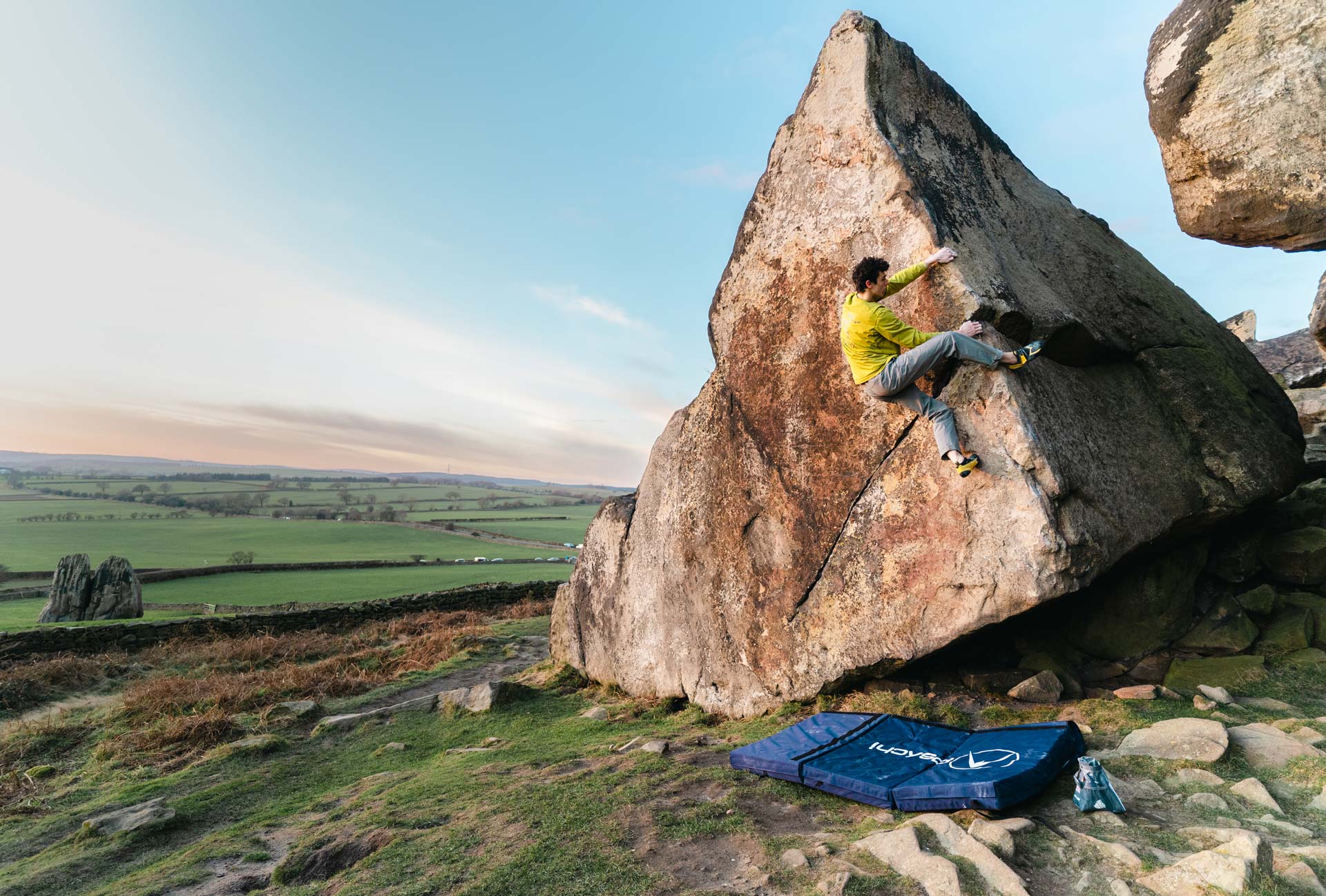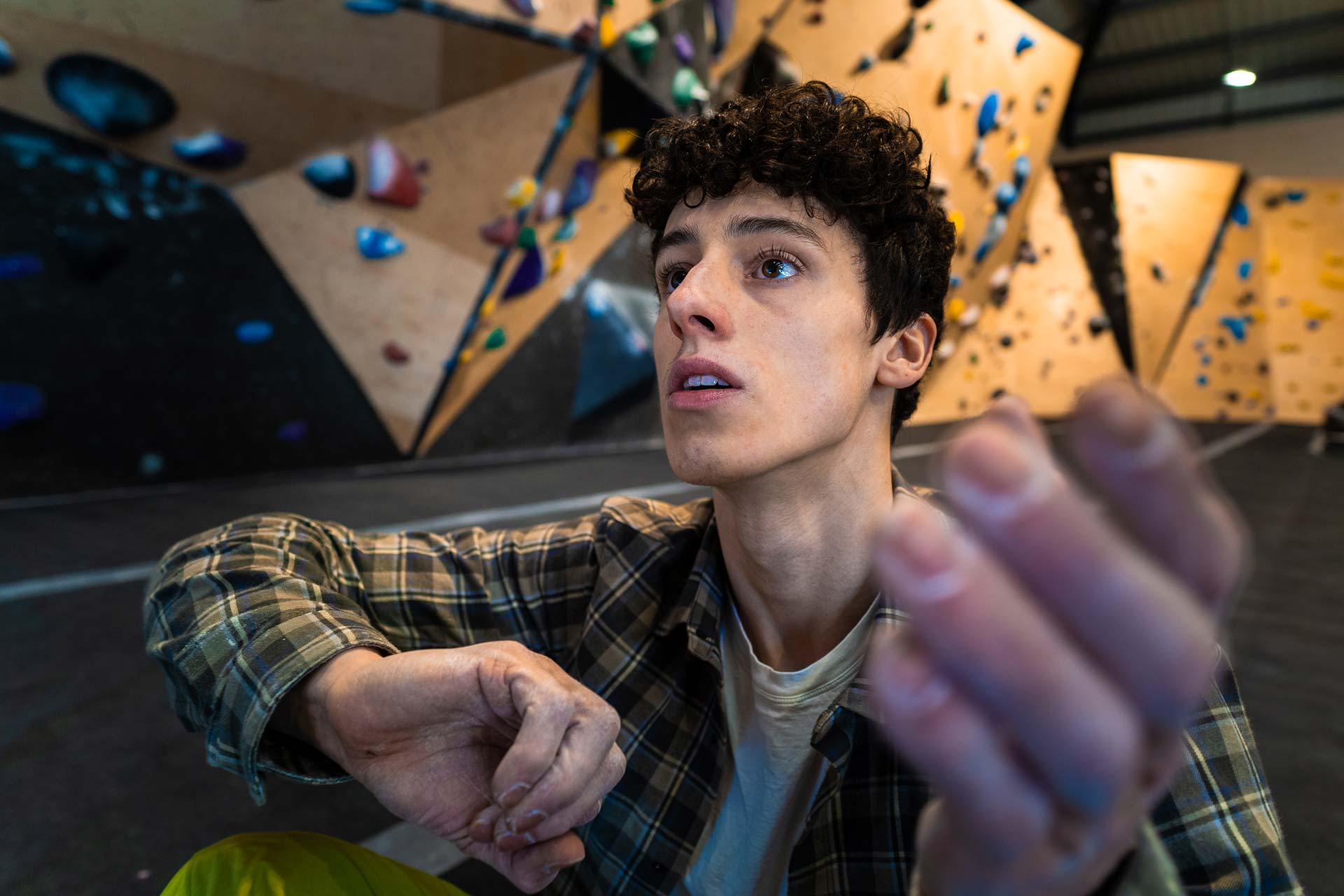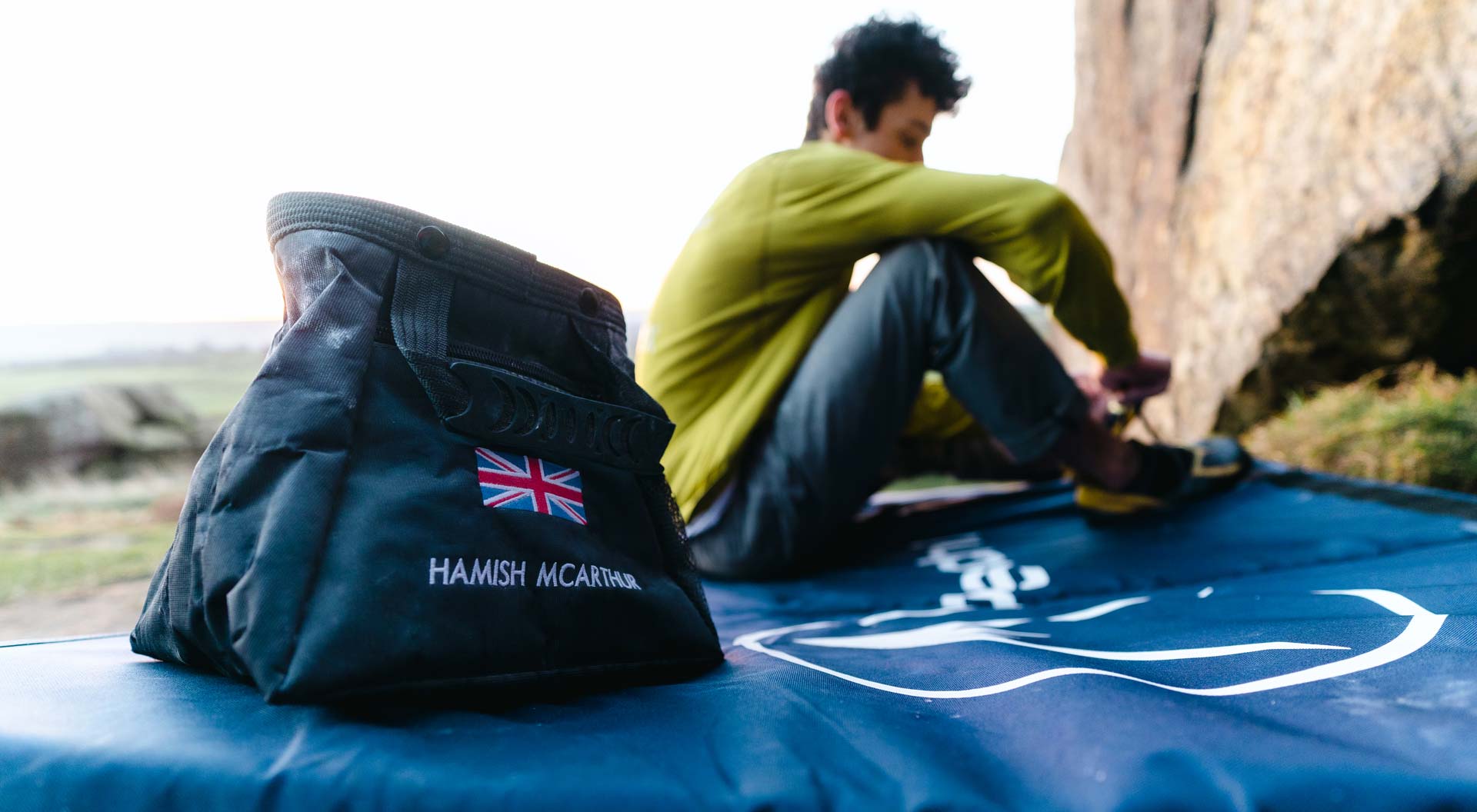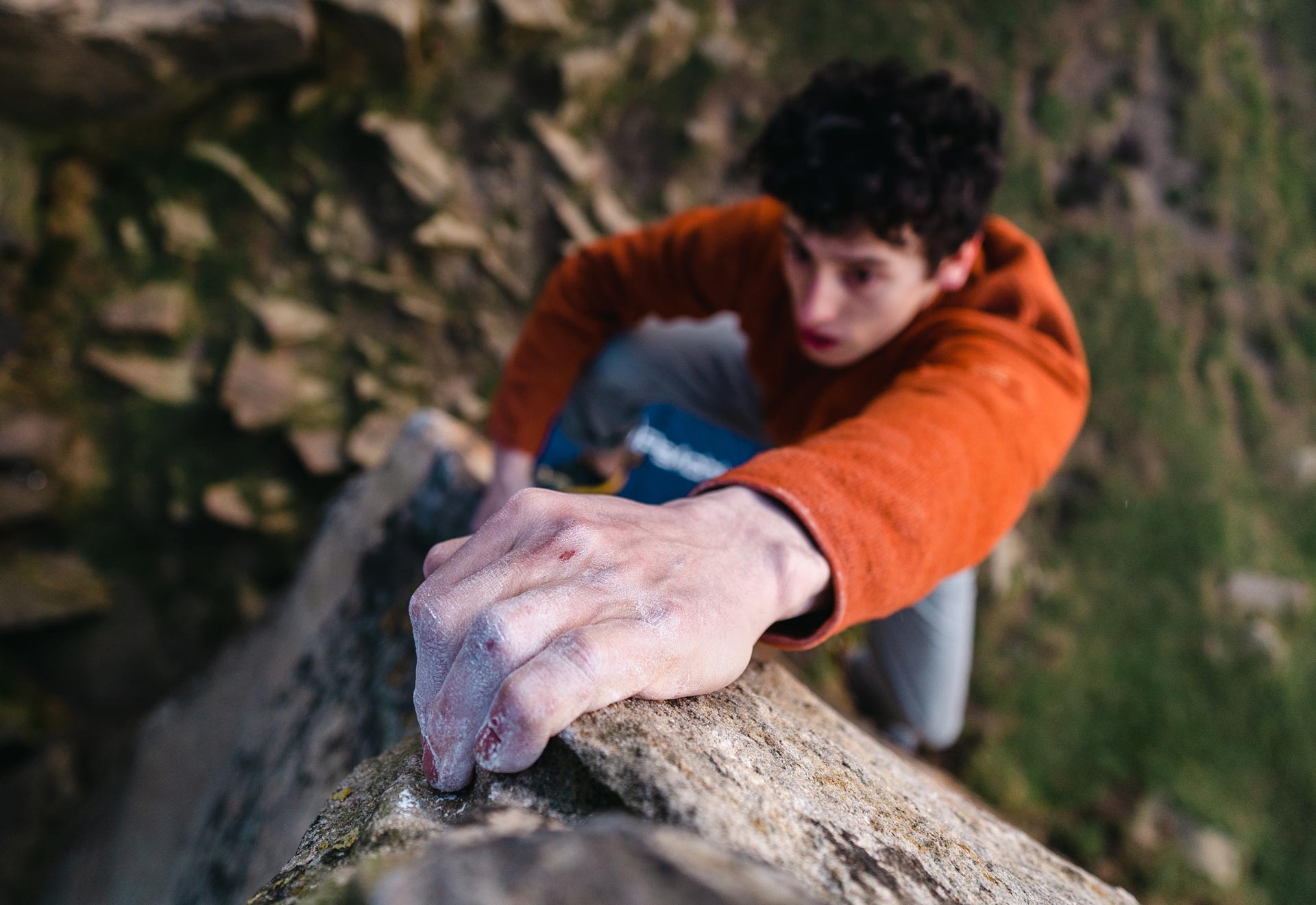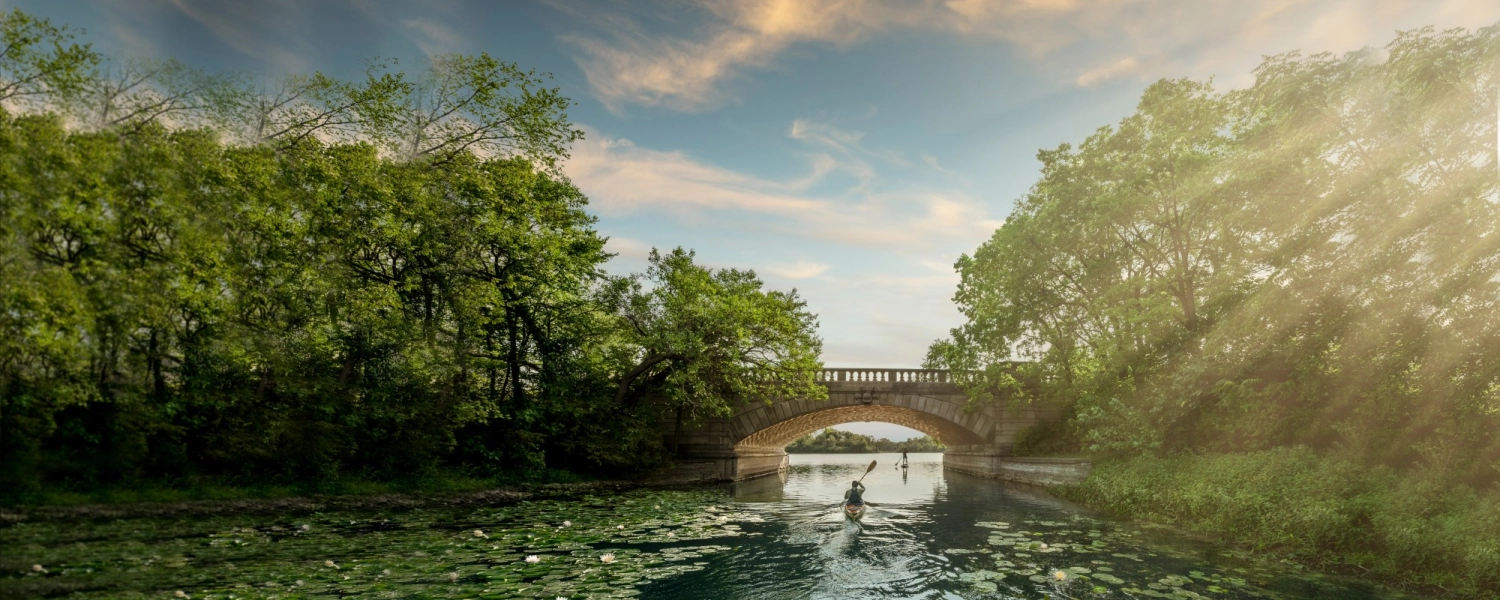- Details
- Written by: James Roe
For someone whose training and competing schedule was interrupted in the most dramatic of ways, Hamish McArthur has made it all work out for him and, what’s more, he’s done so his way. The 20-year-old Team GB climber has two Youth World Championship titles to his name, as well as a bronze World Championships medal thanks to a blazing performance in Moscow last September.
“As someone who loves nothing more than to be out in the middle of nowhere, it definitely weighs on me that almost all of the climbing that I do is under a roof”It’s not surprising that the climber has bigger things on his mind already, looking as far ahead as 2028 for a certain world sporting event (not just 2024). And who can blame him? He joined the GB senior climbing team at 16, placed third on the world stage at 19, and this February caught the attention of Arc’teryx, who welcomed him to their athlete team. It’s all looking up for McArthur, and he’s probably already figured out the fastest route.
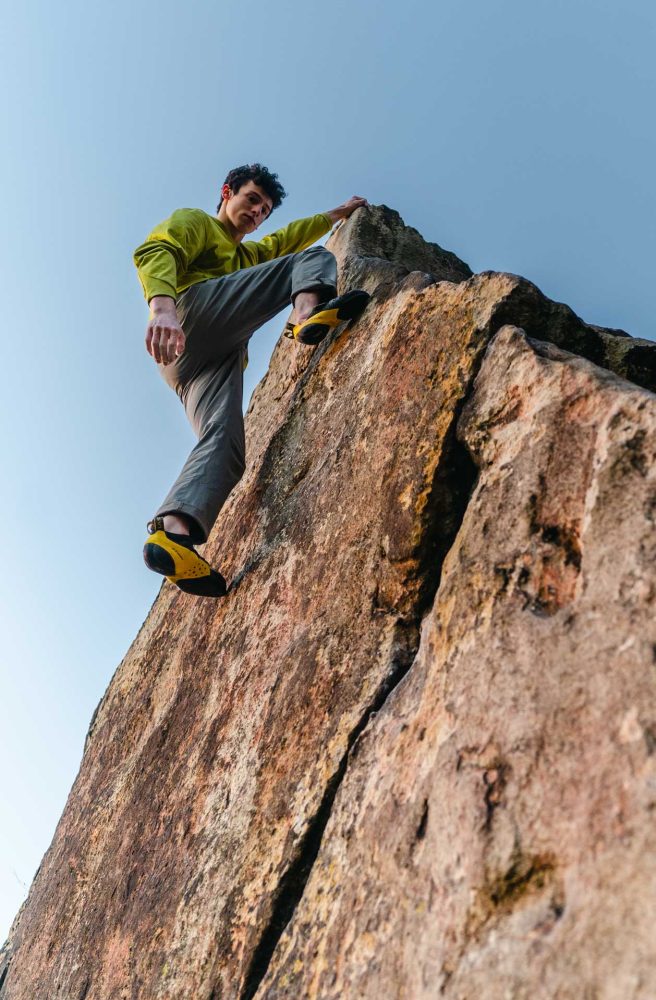
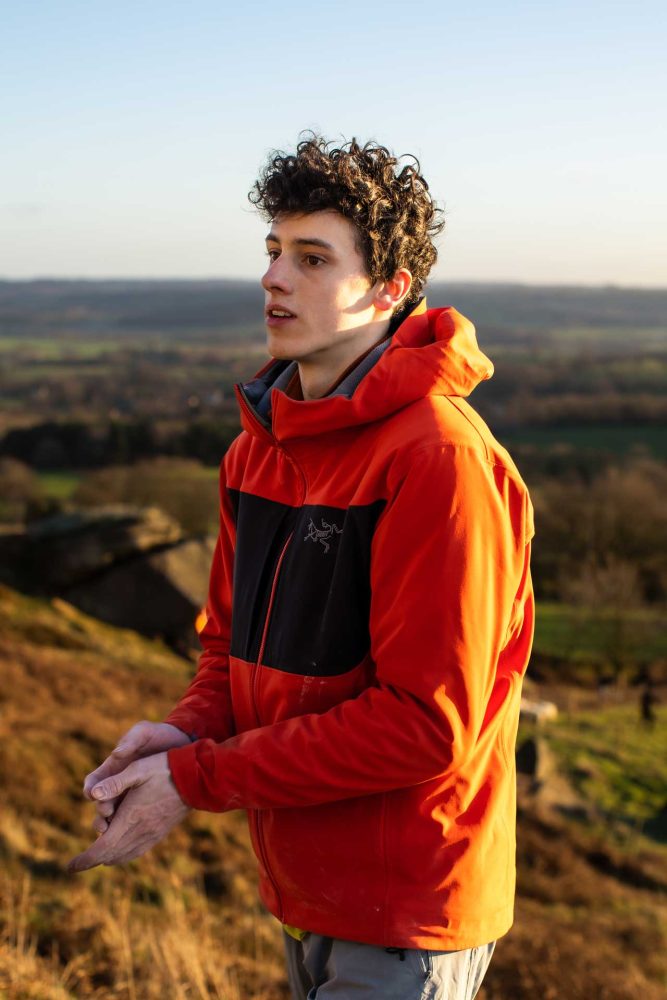
“These last few months have been some of the busiest and most exciting moments of my career”You’ve mentioned that as a kid, before you began indoor climbing, you were already climbing your way around the heights of your family home; something which then led to your mum putting you in a climbing club. Are there any specific memories of those childhood climbing adventures that hinted towards your talent for the sport? Any serious dynos spring to mind? Like most kids, trees were the go-to for vertical exploration. I have such vivid memories of all the trees at my primary school. I remember sticking my head out the top of the biggest tree there, being the only person to scale the blank face of the silver birch and jumping between branches to get the cherries that no one else could reach. I think this says just as much about my competitive nature as my climbing talent. I still make time to climb trees when I can, it’s a way to reconnect with that childlike state of doing something just for the sake of doing it and having fun.
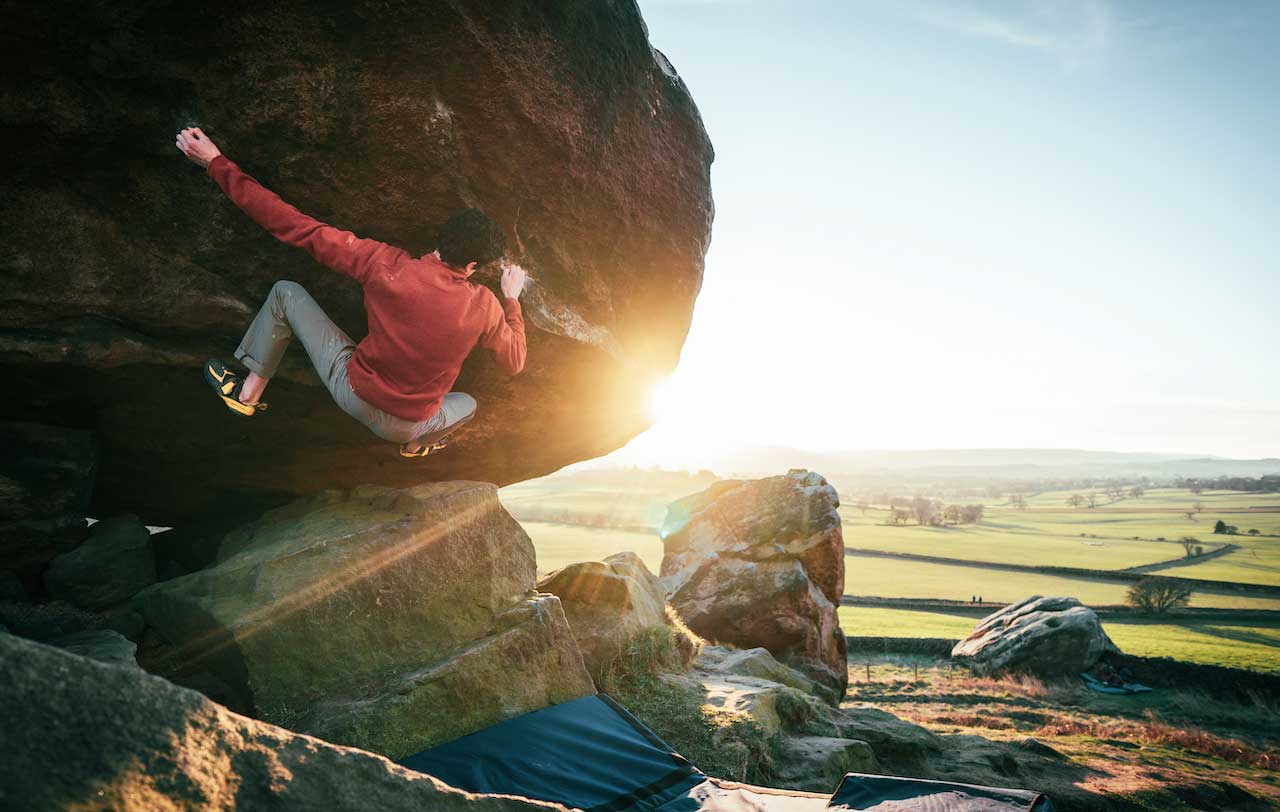
“Isolation teaches you to find intrinsic motivation, discipline, creativity, patience…”You’ve spoken widely on the unexpected benefits of the 2020 lockdown for yourself, as an athlete, at the stage in your career that you were at the time. There’s been a huge focus around reconnecting in this post-lockdown era; perhaps even more than there was in 2019. For a solo sport like climbing where you’re often training in groups, how have you managed to maintain that important degree of isolation? I think it’s important here (as in most things) to find positives on both sides, rather than identifying with one and disregarding the other. For example, isolation teaches you to find intrinsic motivation, discipline, creativity, patience… whilst training as a team provides support, variety, collaboration, and all-round good vibes. Some sessions I do on my own, some sessions I do with a big group of athletes. You know what they say, “variety is the spice of life.”
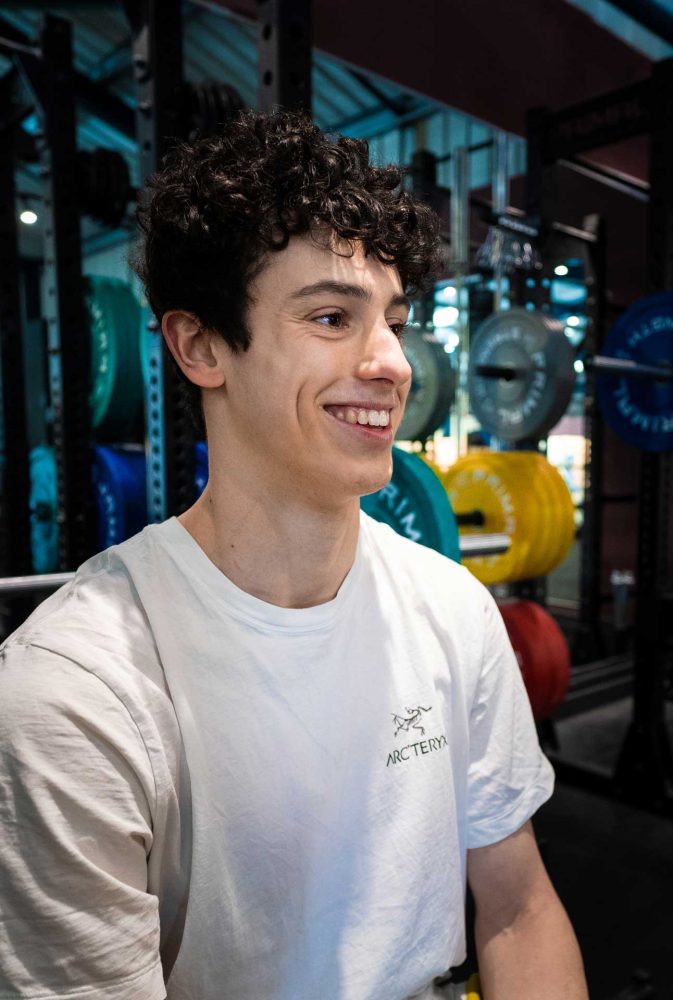
“It is not the situation itself, but your response to it which dictates your life”There’s an inherently important place for the outdoors in climbing, but with competitive climbing being an indoor sport there’s sometimes a bit of distance from that fresh air. How do you incorporate the outdoors into your life as an athlete? As someone who loves nothing more than to be out in the middle of nowhere, it definitely weighs on me that almost all of the climbing that I do is under a roof. With the volume of training hours, I’m putting in each week, there simply isn’t enough time to do both. I get a different kind of joy from training and competing, so I see it more as a compromise than a sacrifice. The rocks and the mountains and the lakes will all still be there in 10 years’ time, whereas the possibility of achieving greatness as a competitive climber will not. With small escapes to the wilderness every now and then I can maintain my hunger for competition with the comfort that the rocks can be a part of my life forever.
“The rocks and the mountains and the lakes will all still be there in 10 years’ time, whereas the possibility of achieving greatness as a competitive climber will not”
